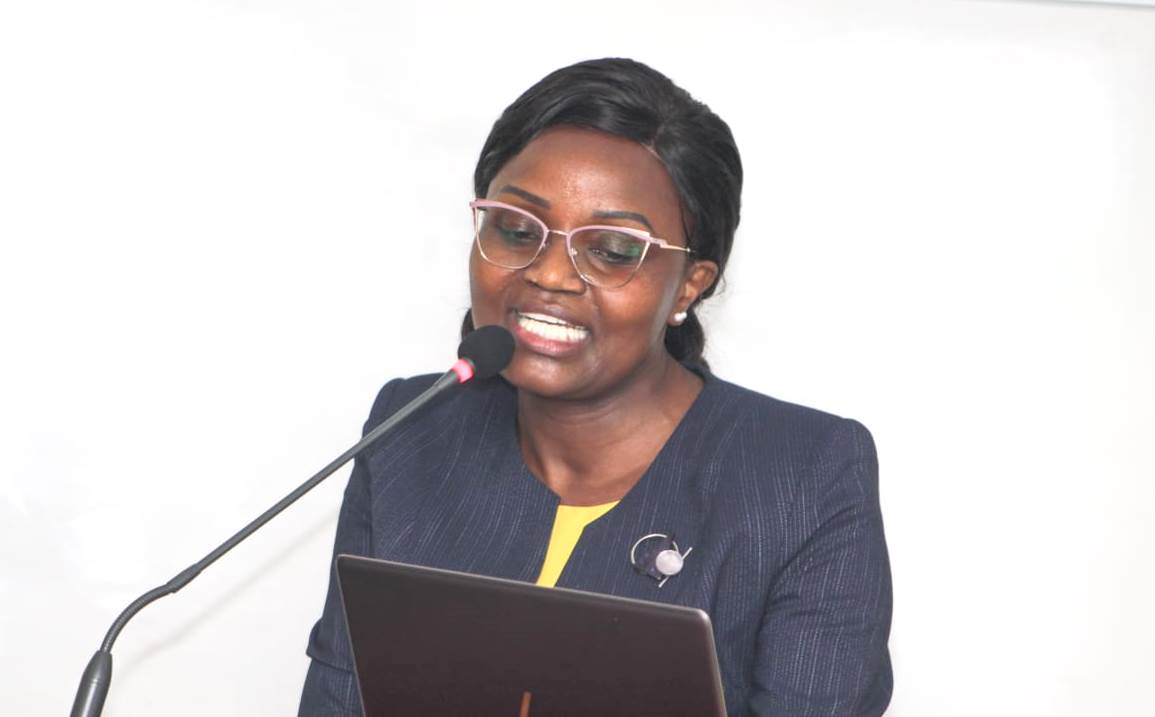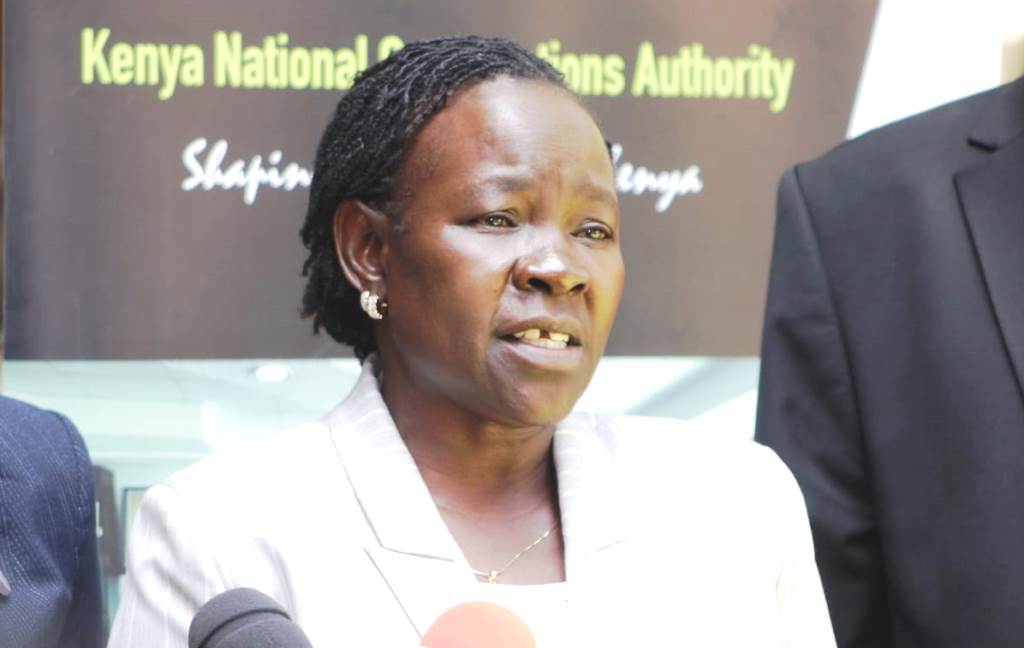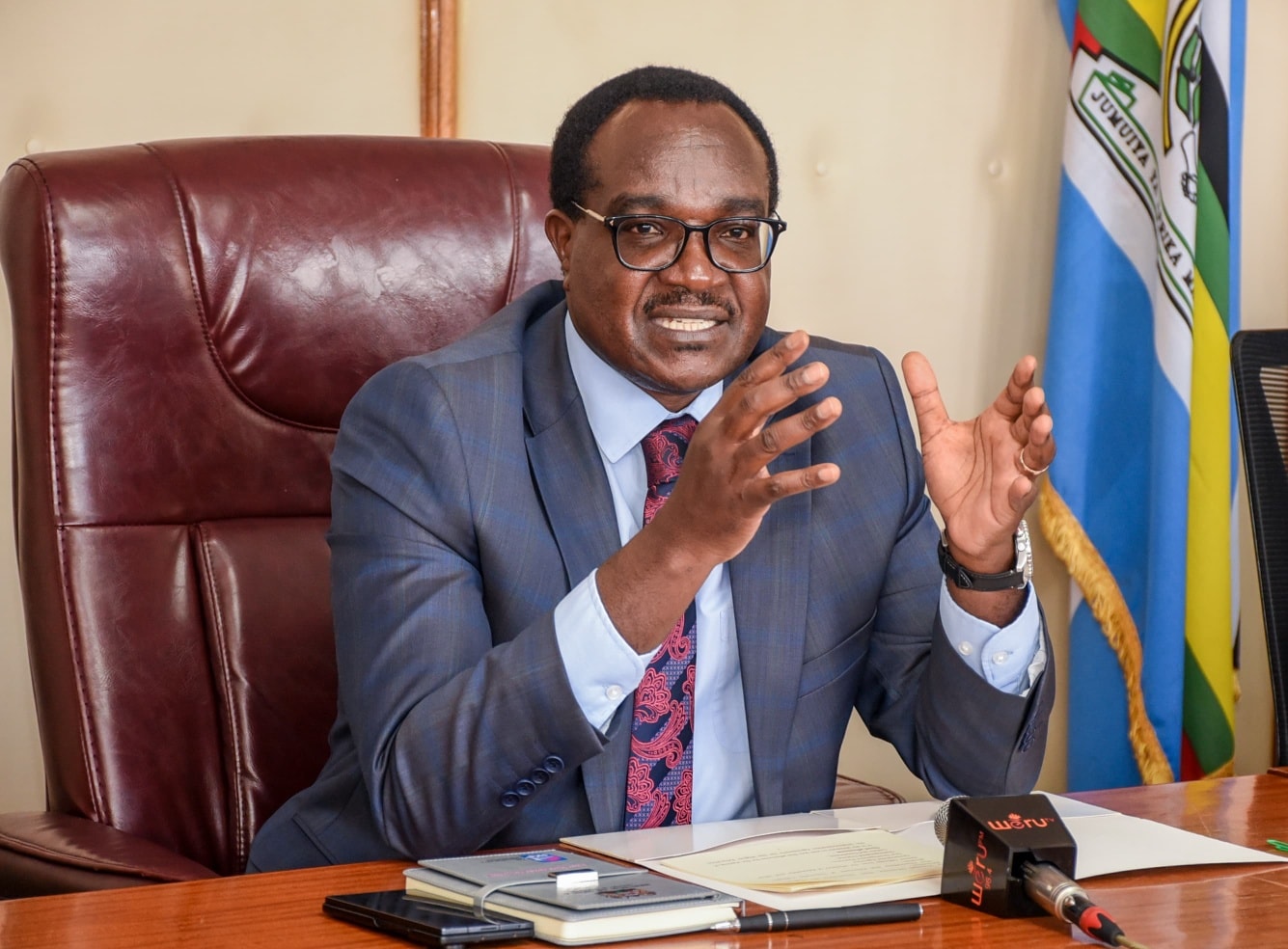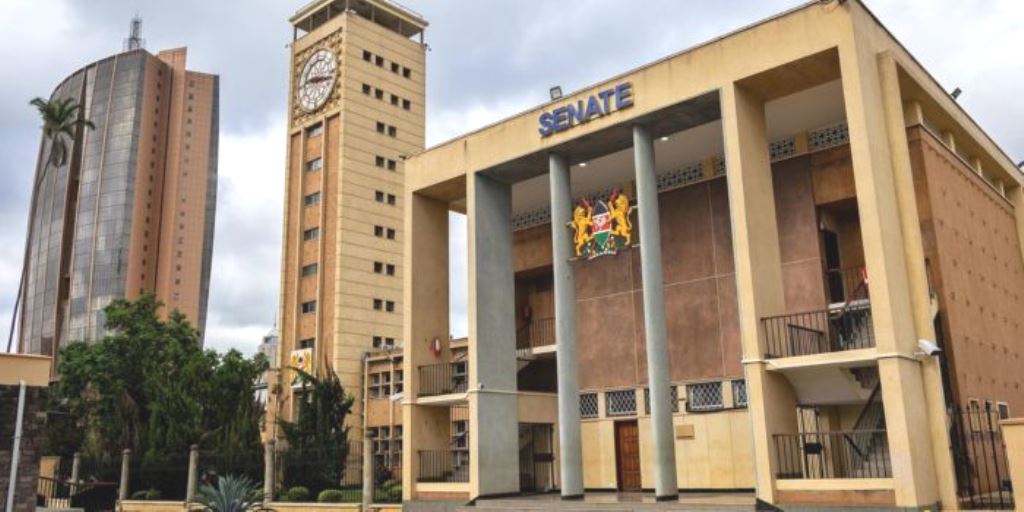Education Cabinet Secretary (CS) Ezekiel Machogu has urged African countries to bridge between education and work, underpinned by qualifications of the highest quality that are trustworthy and recognizable at all levels.
His speech, delivered by the Principal Secretary (PS) in the State Department for Vocational and Technical Training Dr. Esther Muoria, emphasized on the role, value, and currency of qualifications which are undergoing a profound transformation influenced by global megatrends that have reshaped the world.
“We must build a bridge between education and work, underpinned by qualifications of the highest quality that are trustworthy and recognized at all levels,” she read.
She was officially opening the African Continental Qualifications Framework (ACQF) second training workshop on October 9, 2023 at Fairview Hotel, Nairobi.
According to Machogu, these megatrends, including digitization, automation, demographic shifts, climate change, and the unprecedented challenges posed by the Covid-19 crisis, have significantly altered the link between education systems and the labour market.
“In response to this seismic shift, our National Qualifications Frameworks (NQF) are evolving, expanding their horizons, and embracing the digital age. We find ourselves in a time where learning in all contexts has never mattered more,” said the CS, noting that the transformation of work, rapid technological advancements, and the imperative of greening our economies all demand swifter re-skilling and up-skilling, plus a flexible approach to acquiring credentials for lifelong learning.
Machogu noted that Africa is at a pivotal juncture in the evolution of the labour market and education systems, and to thrive in this new era, the continent must champion responsive policies that adapt to the times, foster lifelong learning, and empower all individuals to acquire the skills and qualifications needed for success.
Acting Director General of the Kenya National Qualifications Authority (KNQA) Dr. Alice Kande on her part acknowledged the crucial role of qualification frameworks in defining the quality and relevance of education in every nation.

Dr. Kande noted that in an era characterized by rapid technological advancements, shifting economic paradigms and relentless march of globalization, the world is duly defined by complexity and interconnectedness.
“… the pursuit of knowledge and honing of skills are the compass by which we navigate the uncharted waters of this ever-evolving world. Africa … is in the intensive process of catching up and staying abreast with the rest of the globe, all at the same time. This is not an easy fit,” said Dr. Kande.
She also emphasized the significance of African nations developing their own qualifications frameworks (NQFs), further urging the delegates to consider issues such as educational reforms, quality assurance, harmonization and mutual recognition of qualifications, mobility of learners, response to labour market trends, inclusivity and technological evolutions.
“These frameworks represent a pivotal step towards advancing education, fostering regional collaboration, and enhancing the global competitiveness of African nations,” Kande added.
KNQA Council chairperson and former Baringo Governor Stanley Kiptis stated that the implementation of the ACQF is a timely intervention in the African continent, adding that it is about time that Africa unified her systems.

“Implementation of the ACQF is a timely intervention that is aimed at addressing ills that have previously plagued the continent’s education system, including skills mismatch, inconsistency of qualifications outcomes and competencies, … bottlenecks and dead ends in the education system, absence of a system for alignment and equation of qualifications, as well as unclear pathways of progression between qualifications,” said Kiptis.
By Roy Hezron
Get more stories from our website: Education News
To write to us or offer feedback, you can reach us at: editor@educationnews.co.ke
You can also follow our social media pages on Twitter: Education News KE and Facebook: Education News Newspaper for timely updates.
>>> Click here to stay up-to-date with trending regional stories






